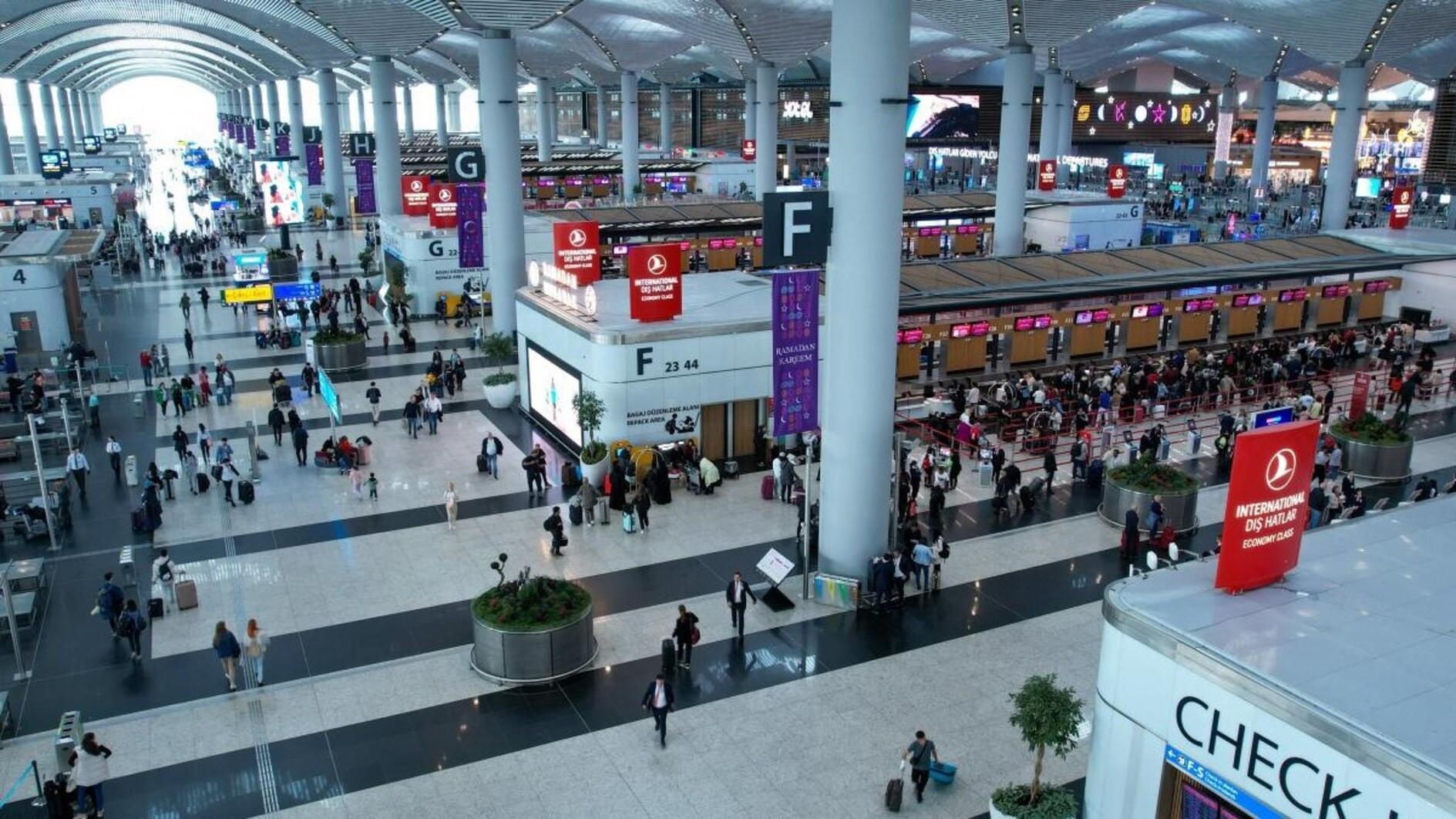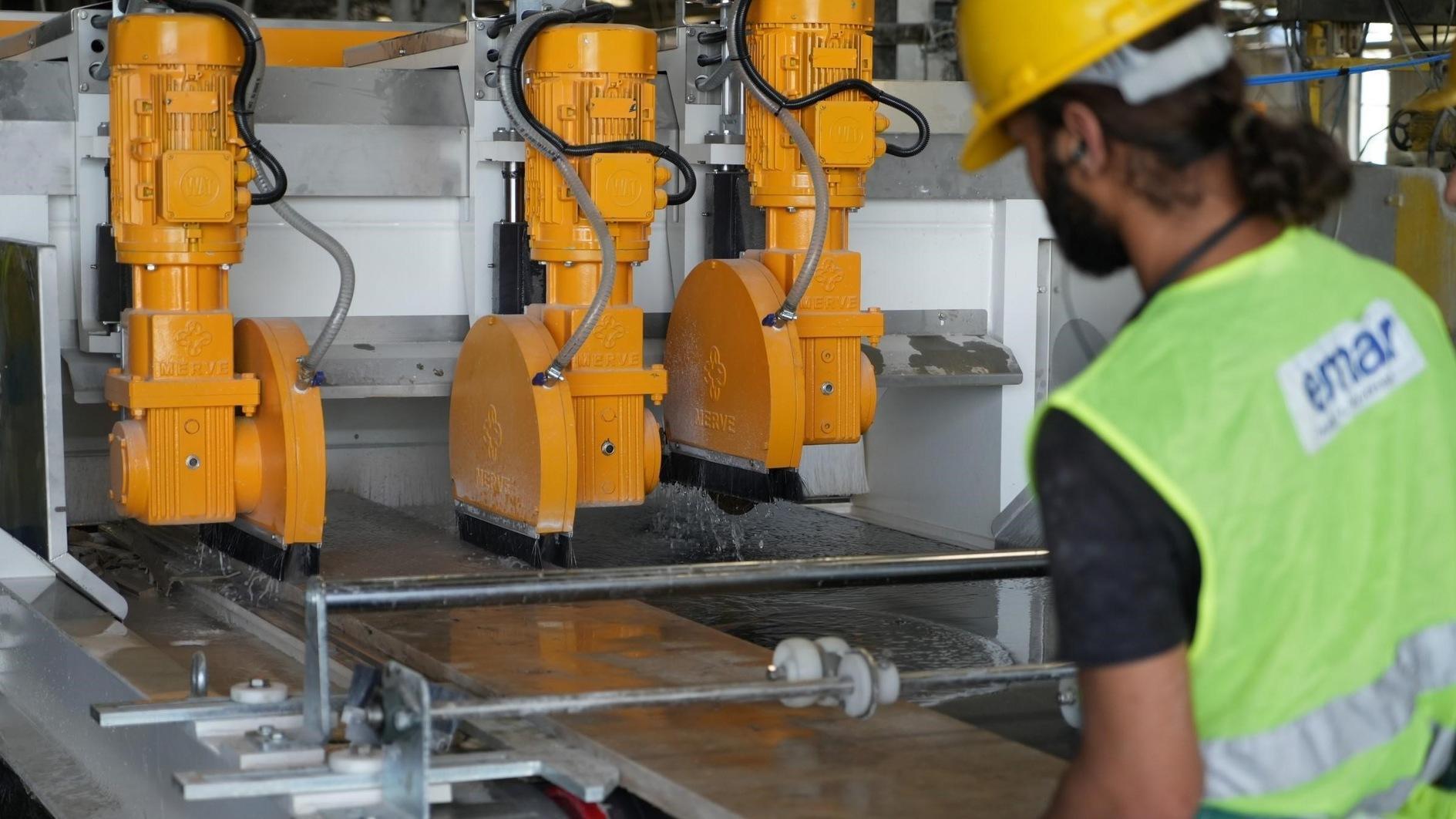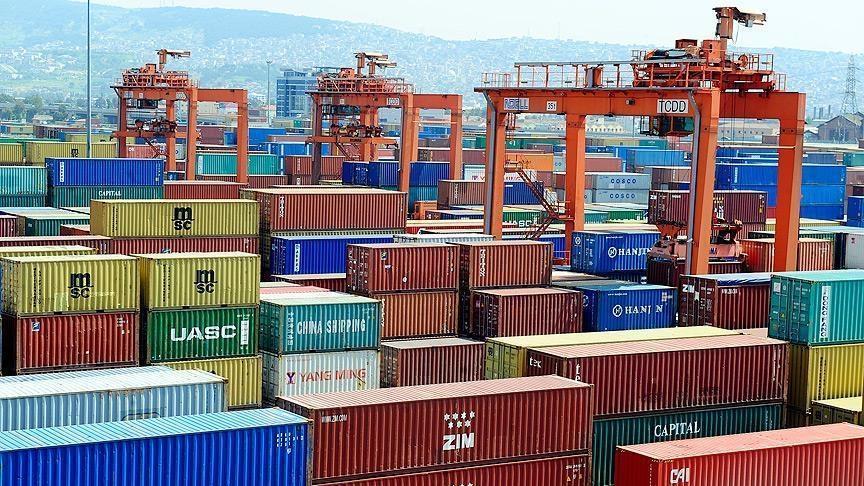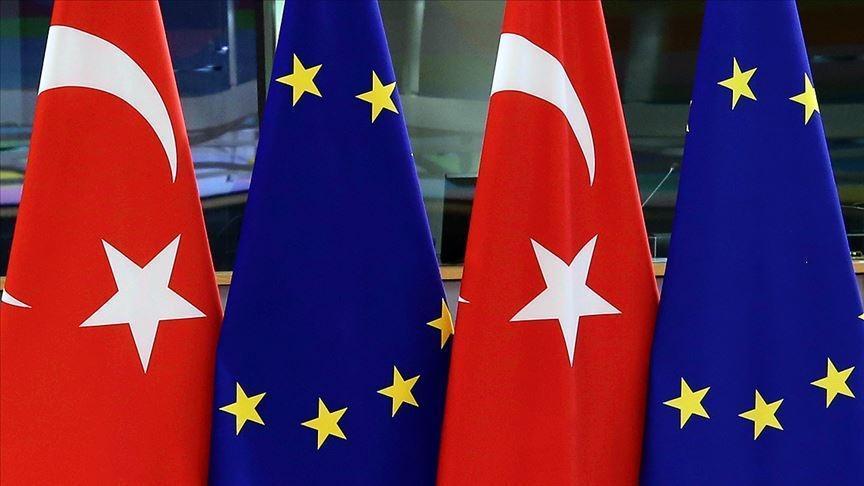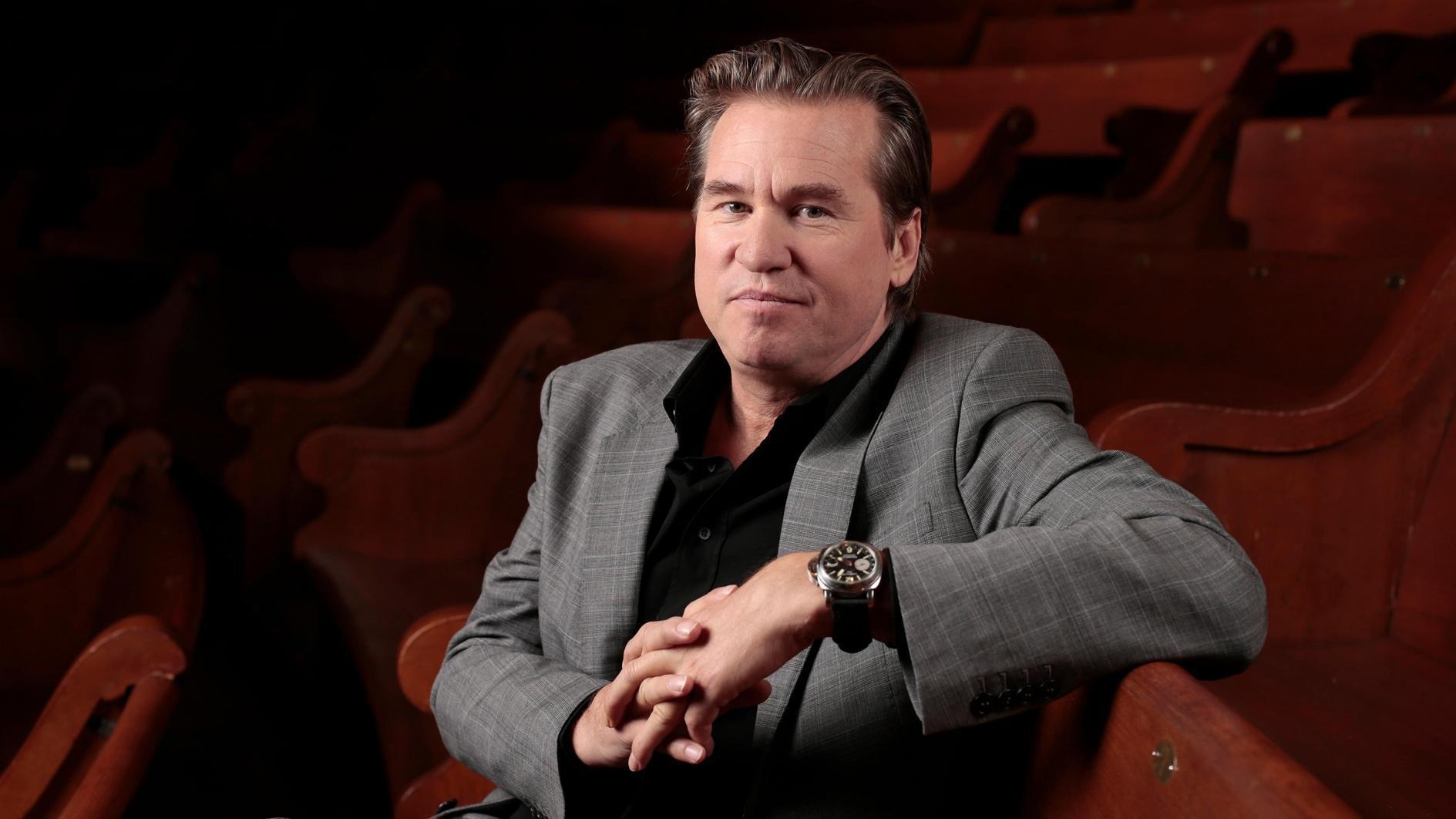Turkey’s Kurdish problem on crash course with the next elections
The killing of three unarmed Turkish soldiers - strolling around in their civilian clothes during their weekend leave on Oct. 25 in Yüksekova, southeastern Turkey, further escalated tension in the Kurdish issue, which has been lingering in the air for weeks. They were deliberately killed by gun fire, shot in the back of their heads in the middle of the market street.
Prime Minister Ahmet Davutoğlu stated yesterday, Oct. 27, that the suspects for the murders had been detained, vowing that such attacks would not divert his government from its commitment to finding a political settlement to the country’s chronic Kurdish problem through dialogue with the imprisoned leader of the outlawed Kurdistan Workers’ Party (PKK).
The PKK launched its armed campaign in 1984, costing the lives of some 40,000 people, until the dialogue initiative of (former prime minister) President Recep Tayyip Erdoğan, was opened in 2012 with PKK leader Abdullah Öcalan via Hakan Fidan, the head of the National Intelligence Organization (MİT). The process has also been continued by Davutoğlu.
For the last two years - which have witnessed two important elections for the government (the local elections in March 2014 and the presidential ones in August) - it has been important for Erdoğan not to oversee any coffins of soldiers or policemen slain by PKK militants to stir up anger against the government during funerals. That has contributed to the election success of the ruling Justice and Development Party (AK Parti) and Erdoğan’s own election as president with votes shifted from the grassroots of the Nationalist Movement Party (MHP). Some voters think that PKK could have at last been pacified and that the sons they send for their compulsory military service will come back home safe and sound, not in coffins wrapped in Turkish flags. That grassroots is against any settlement with the PKK, but could tolerate the process as long as there was no bloodshed.
The photos that emerged right after the Yüksekova murders, showing three coffins on board an Army helicopter both caused grief across the country and raised eyebrows regarding the future of the peace process, as Erdoğan and Davutoğlu like to call it. Kemal Kılıçdaroğlu, the leader of the main opposition Republican People’s Party (CHP), who has offered support for the process if Davutoğlu brings it to Parliament, asked Davutoğlu on Oct. 26 whether there was “any state authority left” in eastern Turkey.
Davutoğlu himself is uneasy with the efforts of the PKK in and around towns with Peoples’ Democratic Party (HDP) municipalities in the east and southeast of Turkey to form underground courts, jails, police forces and even PKK recruitment points, forming a sort of parallel authority next to the government’s. Öcalan proved his authority by stopping, upon Davutoğlu’s call, the bloody incidents on Oct. 6-7, mainly held by PKK sympathizers in protest at the government’s stance regarding the Syrian town of Kobane near the Turkish border. Kobane has been under attack by the Islamic State of Iraq and the Levant (ISIL) for more than one month and defended by forces of the PKK and its Syria extension, the Democratic Union Party (PYD).
But there are indications that Öcalan’s authority over the organization that he established may not be forever. The political and military headquarters of the PKK, based in the Kandil mountains of Iraq, near the Iranian border, and its financial-diplomatic wing in Brussels have been issuing warnings for some time about their concerns that the government is simply buying time until the elections and has shelved the Kurdish dialogue until after the vote, adopting a harder line beforehand.
They had warned about similar issues before, but now it is different. For the last few years there has been an election every year, or every two years, and sometimes even two in a year, which meant an opportunity for the PKK to pressure the government. But after 2015’s elections, there are no scheduled elections until 2019; this means no opportunity to force the Erdoğan-Davutoğlu administration for four years. That makes the PKK nervous, and it wants to force the government to take legal steps regarding a settlement before the parliamentary elections, which are scheduled for June 2015, by blackmailing it with the coffins of soldiers and policemen.
The government’s dilemma is this: Either settle with the PKK in order to have an election with no coffins, but risk nationalist votes; or shelve the Kurdish issue and play for the nationalist votes by using a harder line, but increase the risk of losing lives.
Or, Erdoğan and Davutoğlu may come up with a third way and surprise everyone.



